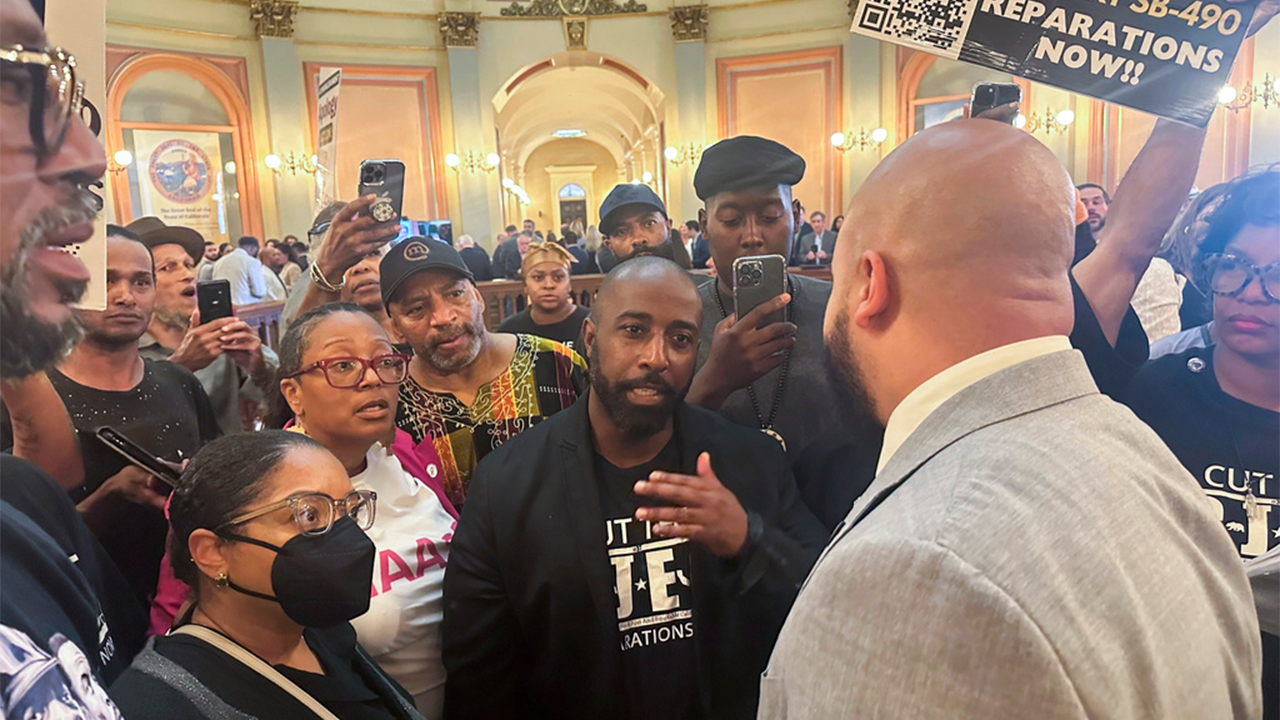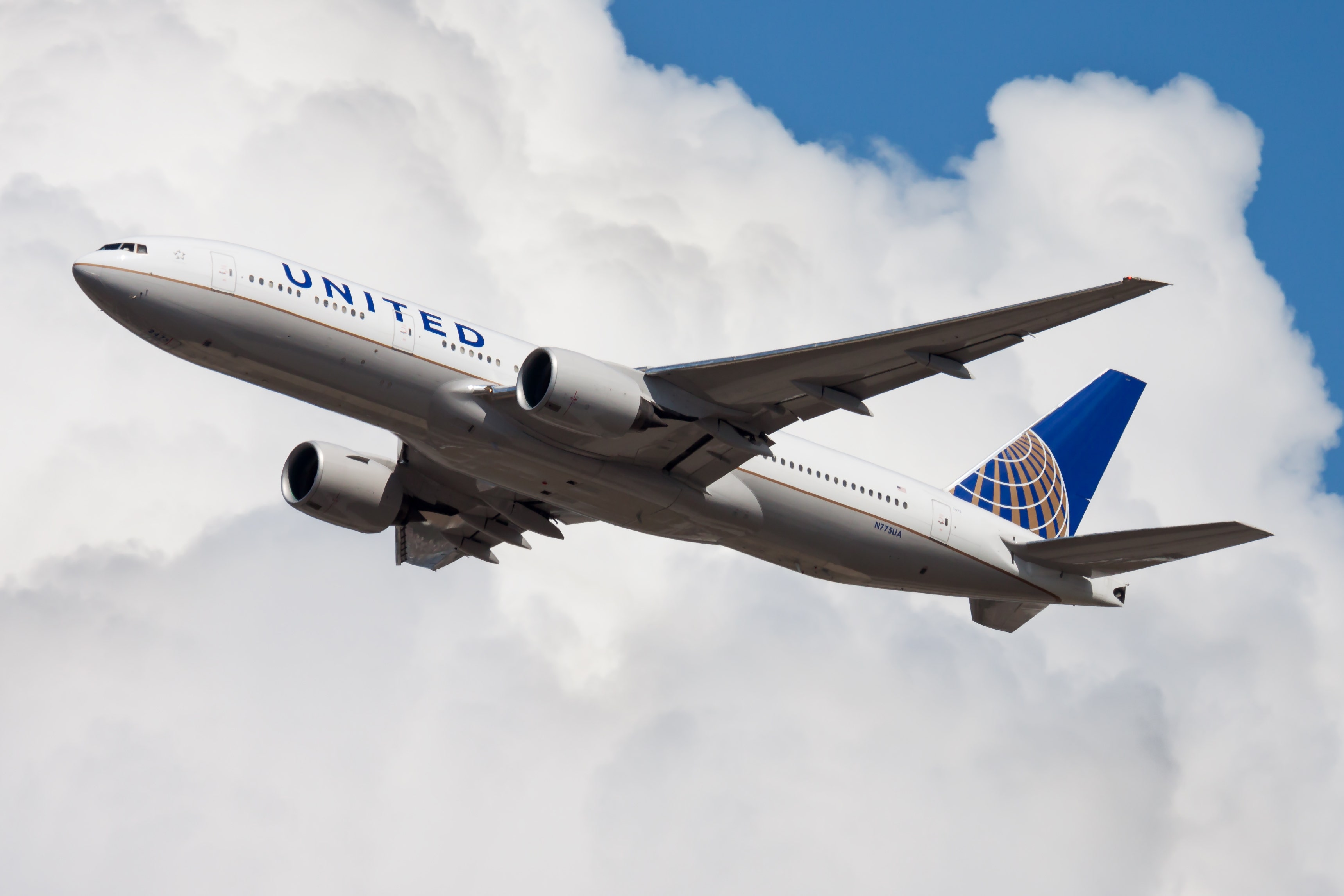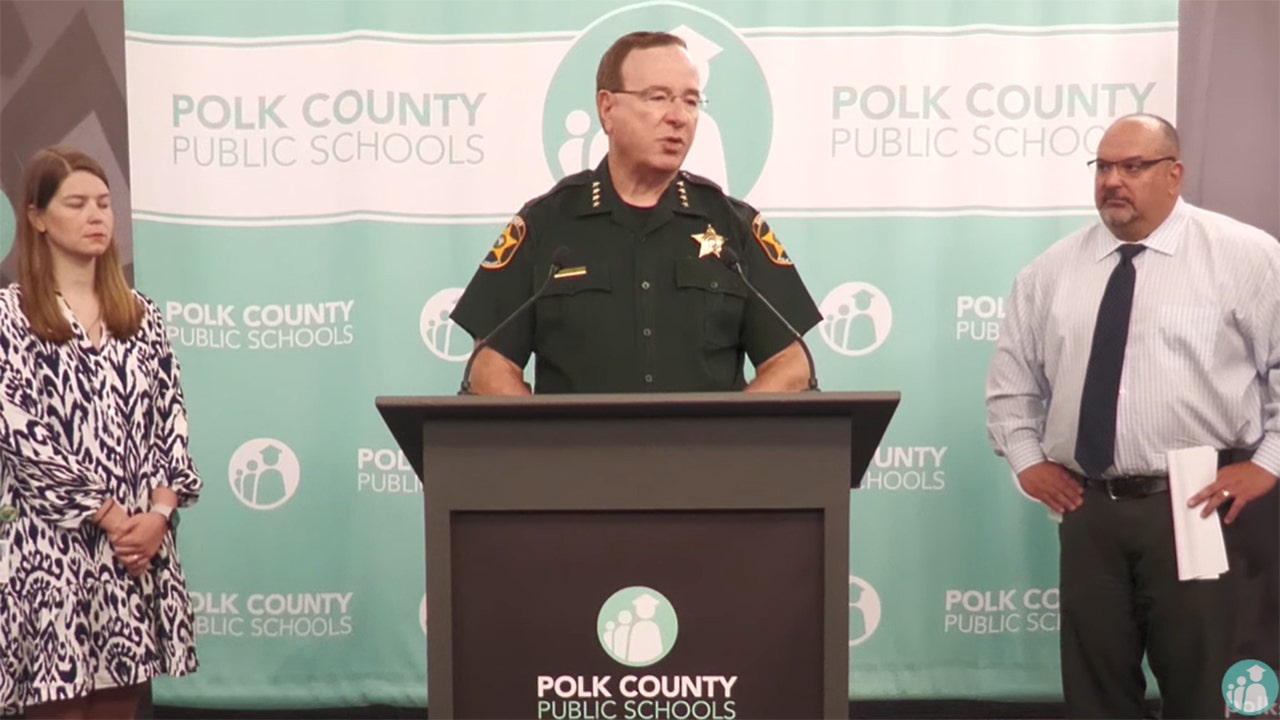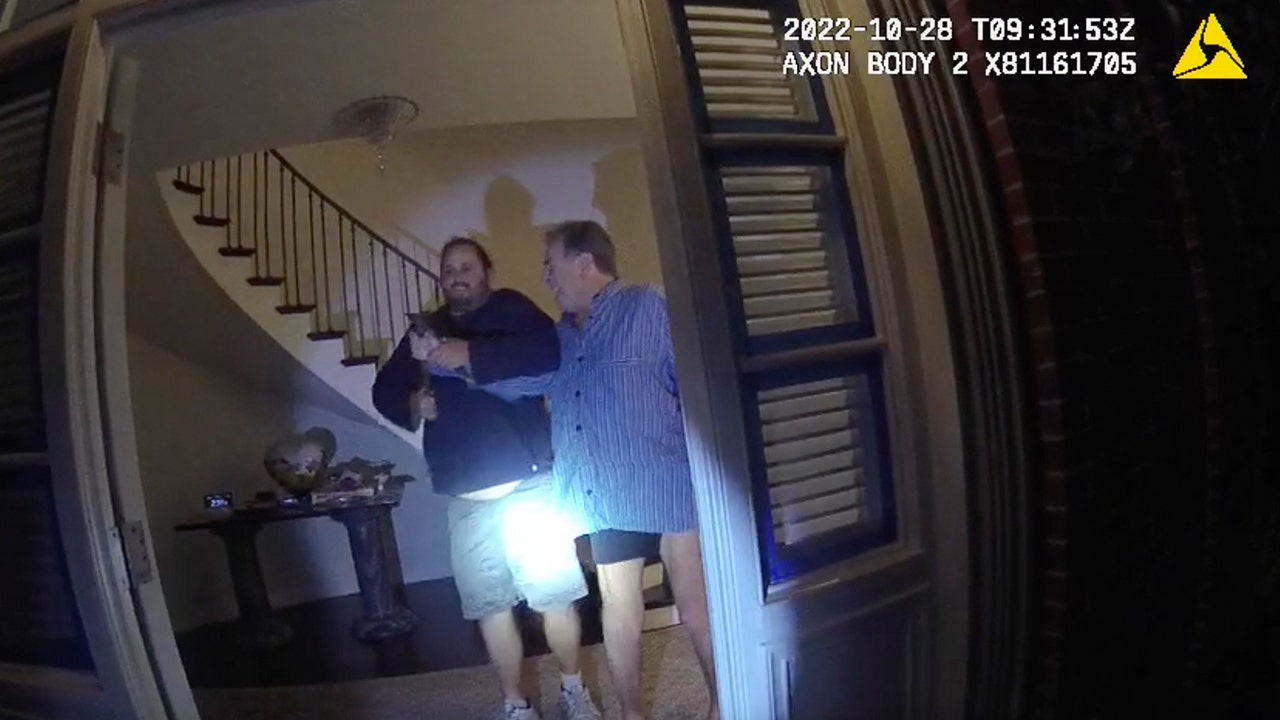The verdict might not have been a total surprise, but the timing sure was.
All Thursday afternoon, those of us in the courtroom watching the Donald Trump trial had been expecting a Friday verdict. This was validated when, a little before 4 p.m., Justice Juan Merchan came into the courtroom and told us that the jury would be excused at 4:30 and would resume deliberations on Friday.
Then crickets. For more than half an hour, we heard nothing — certainly not the buzzy bell we expected if the jury had a note to send or a verdict.
The judge had left the bench to tell jurors he was excusing them and hadn’t come back.
I had a nice whispered chat with Andrew Giuliani, a fervent Trump supporter who was sitting behind me. I told him I expected a conviction and asked him if he would blame his fellow New Yorkers who had spent many hours painstakingly examining the evidence. He said yes and took a shot at Matthew Colangelo, the federal prosecutor who came in from the Justice Department to help the D.A.’s office.
“That’s totally unprecedented!” Giuliani said, previewing some of the team’s damage-control spin. I reminded him that this had been done countless times in civil rights cases in the South and complex local prosecutions.
Around 4:30 p.m., Merchan mounted the bench and announced that he had received a note from the jury. I first thought it was another request for more evidence to be read back. This was a conscientious jury that had been deliberating since midday on Wednesday. But the note said that a verdict had been reached and jurors needed another half-hour before announcing it.
You could hear a collective gasp in the courtroom.
At 5:03 p.m., the jury entered. After the foreman, an Irish-born former waiter clad in a blue pullover, stood and confirmed that the jury had reached a verdict, he was asked about each count and said “guilty” 34 times.
The defense was asked if it wanted to waive its right to poll the jurors and, of course, said no. When asked, “Is that your verdict?” each of the other 11 jurors — their poker faces intact — calmly answered, “Yes.”
Trump had become a felon.
Merchan thanked the jurors for their service in a “very stressful and difficult task” and told them they are “free to discuss the case, but you are also free not to. The choice is yours.”
Then came what I have always viewed as the most moving part of the trial, a ritual of democracy performed eight times a day, as the jury moves back and forth for breaks and lunch and exits when court adjourns:
The jurors marched past Donald Trump without looking at him, soldiers for justice.
Trump’s lead attorney, Todd Blanche, moved for a “judgment of acquittal” because there’s “no way this jury could have reached a verdict without accepting the testimony of Michael Cohen.”
Merchan thought he heard Blanche say that even the judge knew Cohen had perjured himself on the stand. Blanche backtracked, and the motion was denied with dispatch.
At the request of Blanche, who has other Trump legal proceedings to deal with in June, Merchan set sentencing for July 11. It struck me that since Trump is guilty of 34 felonies in the first degree, he is unlikely to get off with a slap on the wrist. First he will have to undergo a probation interview, followed by a probation report.
This summer, will we be discussing ankle bracelets in the White House? Quite possibly.
Merchan asked for Trump’s current bail status.
In what may have been my favorite line of the day after “guilty,” the prosecution lawyer Joshua Steinglass said, “No bail, judge.”
In another trial, that might mean the felon had been denied bail. Here it was a simple recognition of the stark reality that a jury had just convicted a former president of the United States, who would not be sent to a holding cell.
As usual, Trump walked up the center aisle, swinging his right arm out in an exaggerated handshake with his son Eric. He looked more hunched than usual, with pain on his face.
In the elevator a photographer who has been shooting him for years said, “I have never seen him looking so tired.”






